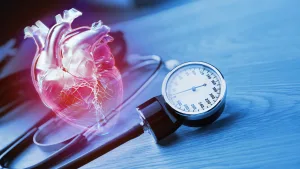Navigating the Mind: Discovering the Brain’s Internal GPS
Imagine having an internal compass that guides you through unfamiliar environments. Researchers have made a fascinating discovery, pinpointing two key regions in the brain that act as a “neural compass.” These regions are crucial for maintaining our sense of direction, especially when navigating complex virtual environments like a city.
Unveiling the Brain’s Navigation System
The study focused on identifying the specific brain areas responsible for keeping us oriented. The researchers found that these regions consistently tracked direction, providing a stable and reliable sense of spatial awareness. This discovery sheds light on how our brains create and maintain a mental map of our surroundings.
Key Brain Regions Identified
- Researchers identified two brain regions acting as a ‘neural compass’.
- These regions are responsible for directional awareness.
- These regions helps to navigate virtual cities
Implications for Neurological Disorders
This groundbreaking research has significant implications for understanding and potentially treating neurological disorders that cause disorientation. By identifying the brain regions responsible for navigation, scientists can develop new methods for early detection and monitoring of conditions that affect spatial awareness.
Potential Applications
- Early detection of neurological disorders.
- Monitoring the progression of disorientation-related conditions.
- Development of targeted therapies to improve spatial awareness.
Final Words: A New Direction in Neurological Research
The discovery of the brain’s “neural compass” represents a major step forward in our understanding of how the brain processes spatial information. This research not only enhances our knowledge of cognitive function but also opens new avenues for addressing neurological disorders that impact a person’s ability to navigate the world around them. By understanding these brain regions, researchers are paving the way for innovative diagnostic and therapeutic approaches, ultimately improving the lives of individuals affected by disorientation and related conditions.




+ There are no comments
Add yours